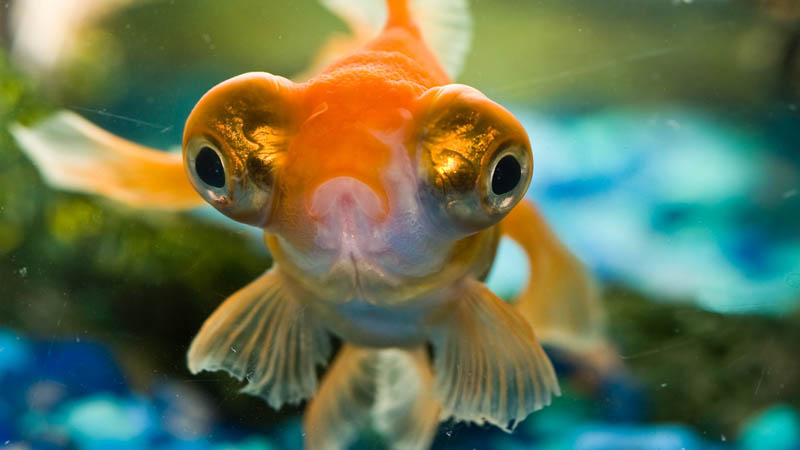 Disease is something which any living thing can suffer from. This is why it usually comes as a surprise by all the fish keepers that even the healthiest fish often become the victim of disease. It is possible to treat some kind of diseases other types might turn out to be fatal. Therefore, keep our guidelines in your mind while treating your tank and in case it gets infected.
Disease is something which any living thing can suffer from. This is why it usually comes as a surprise by all the fish keepers that even the healthiest fish often become the victim of disease. It is possible to treat some kind of diseases other types might turn out to be fatal. Therefore, keep our guidelines in your mind while treating your tank and in case it gets infected.
To begin with, you have to learn the symptoms of the disease. You should do a fifty percent water change if any of the following symptoms are seen.
- Inactivity of fish
- Loss of colour
- Bloated belly
- Scratching of rocks
- Clamped fins
- Stringy patches on the body
- Avoiding food
Hence, if your fish shows such symptoms then they can be used to find out the disease that you have to deal with. Thus, a preliminary diagnosis can save your fish’s life. Before you start with medicated treatment, remove all the carbon from the filter. This is because carbon absorbs the medication and it will hinder in the effective treatment to be done.
Fungal infection is a disease that can be seen by observing the white stringy patches on the fish’s skin. Thus, add an anti-fungal to do the treatment. A fin and tail rot is a common disease which is seen in long-finned fish. In this case a fifty percent water change remains suitable. This can be treated with an antibiotic that is ampicillin. This antibiotic can also be used if you see protruding eye sockets of your fish or if you see inflamed gills that have turned red. If your fish starts to scratch the rocks or anything else, then treat it with a medication such as BettaZing. This medicine is also used if the fish is losing excessive weight.
Once, you have treated the fish with an antibiotic, the next step is to sanitize the tank properly. For that, move the fish to the hospital tank. Rinse your gravel under hot water. Tank needs to be filled with tap water. Add plastic plants and solution in it. Let it settle within a few days and rinse out everything before replacing the filter. Cycle your tank before you place the fish again.
Prevention is better than the treatment. Feed your fish with healthy food and keep a fish first-aid kit ready in case of an emergency. Lastly, remember never to over-medicate or else it might harm your fish.



